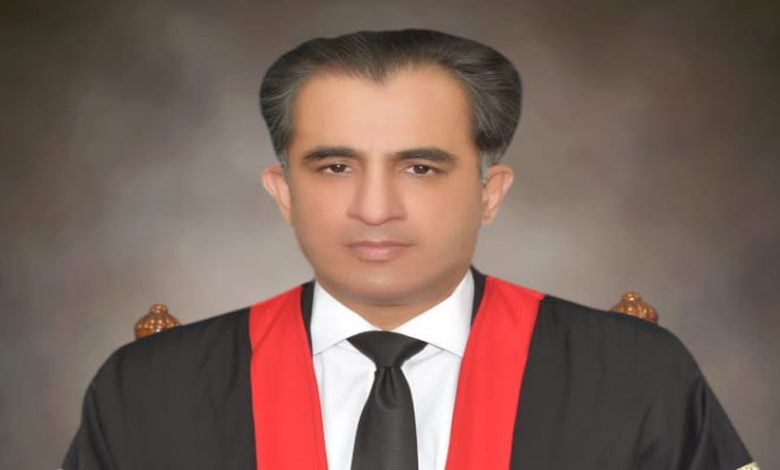The LHC prohibits custodial confessions from being broadcasted.

On Saturday, the Lahore High Court (LHC) instituted a prohibition on interrogating inmates in Punjab and restricted law enforcement authorities, including the police, from disseminating any confessional remarks to the media.
The court explained that the lawful imprisonment of an accused does not abrogate their fundamental rights. Justice Ali Zia Bajwa determined that coerced or broadcast confessions constitute injustice rather than justice. No law enforcement agency is permitted to assist a media representative in interviewing an individual in custody.
In a comprehensive 11-page written judgment concerning a petition submitted by Vishal Shakir, Justice Bajwa articulated that the interrogation of detainees compromises the integrity of proceedings and infringes upon the dignity and future of the accused. Any breach of this order will be regarded as misconduct, and accountability will rest solely with the director of the investigative agency.
The court underscored that the present moment is opportune for regulatory bodies to oversee media operations. It denounced the practice of media workers accompanying law enforcement at checkpoints and subjecting citizens to public humiliation. Justice Bajwa affirmed that although institutions possess the authority to take action against offenders, no individual is entitled to undermine a citizen’s dignity under the guise of media exposure or public acclaim.
The petitioner initiated the lawsuit pursuant to Article 199 of the Constitution, articulating grave apprehension regarding character defamation and the infringement of detainees’ dignity via media exposure. Reports were submitted by multiple departments, including the police, excise, and FIA. The Advocate General of Punjab recognized that such conversations undermine both the dignity of the accused and the strength of the prosecution’s case.
These behaviors pose significant legal and ethical dilemmas and are concerning for the criminal justice system.
Justice Bajwa emphasized that an individual’s dignity is inviolable and persists beyond the threshold of the police station. A lawful arrest does not deprive an individual of constitutional rights. Disseminating coerced confessions constitutes unfairness, rather than due process. The Constitution ensures that every citizen receives respect and equitable treatment under the law. State institutions bear the responsibility to protect these rights.
The Court also indicated that detainee interviews constitute media trials, wherein public opinion is influenced to proclaim an individual innocent or guilty prior to any judicial verdict. Such tactics undermine the accused’s right to a fair trial and their privacy. Investigating officers permitting such interviews will be held liable for misconduct.
The court underscored the intricate equilibrium between press freedom and the rights of the accused. Although the media is permitted to report on ongoing trials and investigations correctly, this freedom is not unconditional. The court ultimately issued a province-wide prohibition on interviewing detainees and disclosing any custodial confessions to the media.